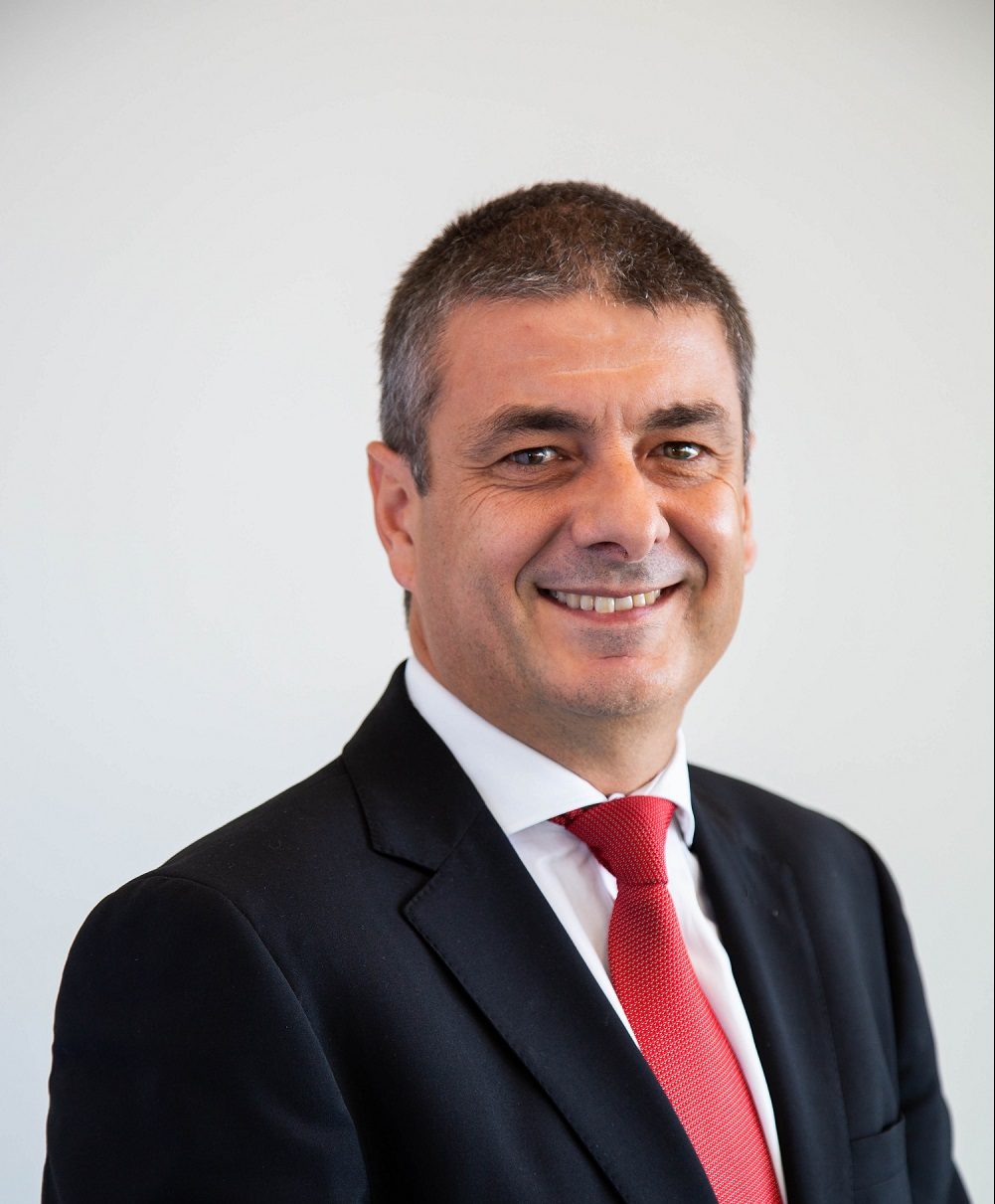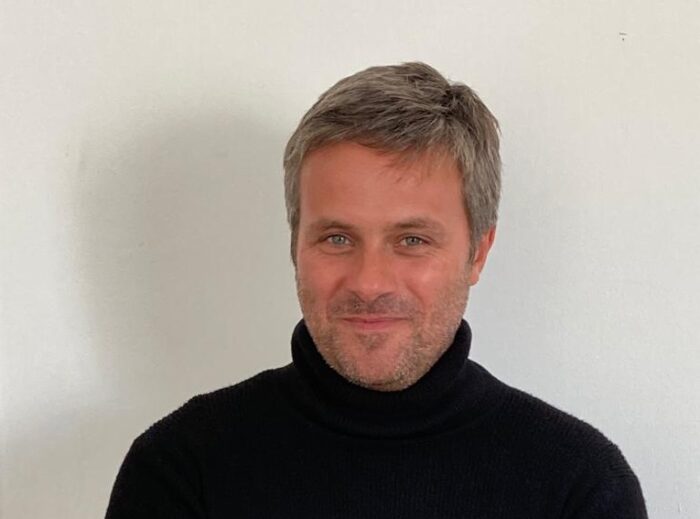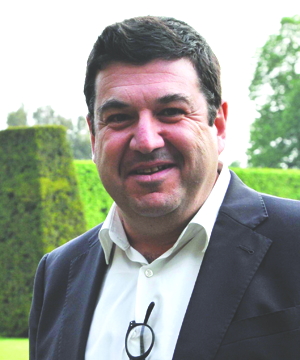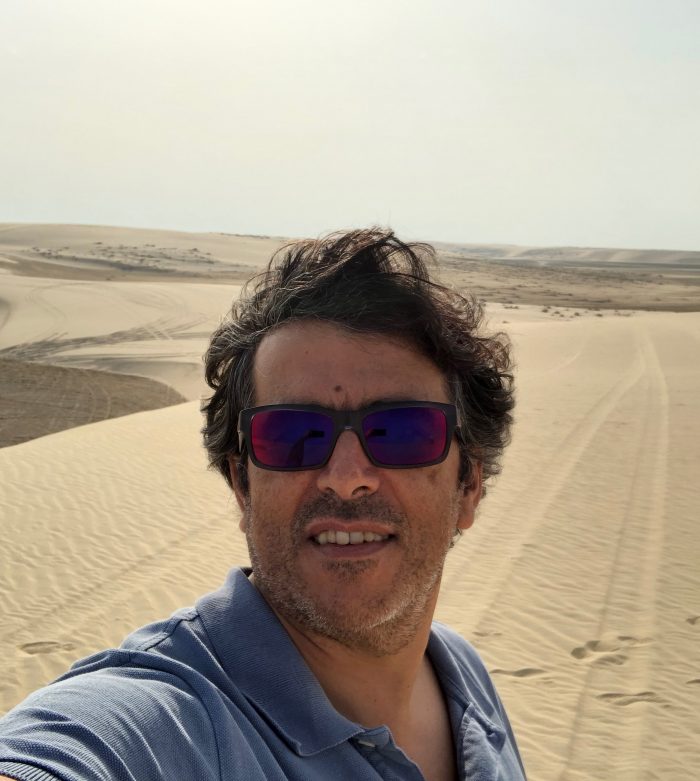A conversation with Eng. Carlos Fernandes

A conversation with Eng. Carlos Fernandes
'The National Infrastructure Plan 20-30 [which provides for] the construction of high-speed lines is already taking its first steps. [On the other hand, the assets that are no longer needed for road-rail operation [are being] rehabilitated and reused for other purposes'
Tell us a little about your education and the start of your career.
When the time came to choose, I followed civil engineering, in the structural profile. My first job was in highway design. I liked the area and applied for a master’s degree in transportation. Then there was the chance to apply to Técnico as an assistant and I ended up teaching there for 16 years. In 1998 I was assistant to the Secretary of State for Public Works, Prof. Maranha das Neves, and I was mainly involved in the road area. Between 1999 and 2003 I played an important role in road concessions, particularly in the launch of the SCUTs. In 2005 I joined REFER at the invitation of the government. I spent around 7 years between the management of REFER and RAV. For 5 or 6 years I was managing director at RAV, where I coordinated the high-speed rail project. We launched the first tenders, which were canceled when the Troika came in. I was also financial administrator at REFER.
How is the High-Speed project doing now?
The High-Speed Rail project is moving forward again. We have an ongoing investment program of around two billion euros – Ferrovia 2020 – approved in 2015, essentially aimed at upgrading the rail network and freight, which covers around a thousand kilometers. Meanwhile, the new investment program, the National Infrastructure Plan 20-30, is already taking its first steps. There are plans to build a high-speed line between Porto and Lisbon and the first phase of a line between Porto and Vigo. We are finalizing the preliminary studies and expect to start the environmental impact assessment in the third quarter of this year. The first tenders should be launched in 2023.
You are Vice-Chairman of the Executive Board of Directors of Infraestruturas de Portugal (IP). What are your main responsibilities and challenges?
At IP I’m responsible for several areas. In the Projects Department, we manage major road and rail projects; the Railway Traffic Department ensures the operation of the network and the circulation of the 1600 trains; the Railway Maintenance Department manages maintenance and improvement works; the Engineering Department contracts projects and technical opinions on the rail and road network; and the Strategic Planning area plans and monitors long-term investments. As for our subsidiary companies, IP Património is in charge of managing the cadaster and expropriations and does a very important job in requalification. Assets that are no longer needed for road and rail operations are put on the market to be rehabilitated and reused for other purposes. We have several hundred kilometers of old railway canals that are now being used as cycle paths, which makes it possible to preserve the canal and concession the buildings around it. We have more than a thousand contracts for the operation of these assets which, in the last four years, have mobilized more than 40 million euros of investment, outside IP. A few months ago, we opened the 5-star hotel in Santa Apolónia, the best-known case, but we have dozens of other cases of rehabilitation of road and rail assets throughout the country. IP Telecom operates our telecommunications network and our datacenters and puts excess capacity on the market. We also have a small engineering company that works on complex rail network projects for IP and also supports strategic planning in the PALOP countries.
How does BETAR fit into IP’s strategy?
Fortunately, we have seen a major renaissance in our engineering. When Ferrovia 2020 was launched, there was a serious lack of know-how, staff and capacity. In the meantime, many companies have invested, strengthened and retrained. We are already launching projects for 20-30 and we notice that there is more “muscle” in the market. BETAR works with us in various areas, both in inspection and design, and is even more active in tenders and has won some. It is responsible for GOA, the Works of Art Management System, which is one of the important instruments we work with. It has been a stable partner over the years, with know-how, capacity and which is obviously very important to us. May it continue and be strengthened to help us with future challenges.
How do you guarantee sustainable activity?
Sustainability is something we are always very concerned about. Our innovation department carries out research projects on various subjects. We prepare projects so that they are more resilient to environmental factors such as extreme heat or heavy rain. We are very concerned with environmental impact assessment, to minimize the impact of our works as much as possible, and also with the reuse of some of the materials. And we have noise action plans. We have mapped all our networks to identify the places with the most noise and we are preparing action plans.
This interview is part of Artes & Letras Magazine #143, July 2022
Partially automatic translation from portuguese: some expressions may differ from their actual meaning.
News & Interviews
A conversation with Arch. Steven Evans
'With all the people I've worked with, there's always been one thing in common: how easy it is to laugh. The affinities are workable, but without laughing, it is difficult to be an architect.' Read more
A conversation with Arch. Bak Gordon
'Architecture needs time. We are transforming a place and it seems that people don't understand that it takes time to think, otherwise the places will be out of character. Architecture requires serenity, it cannot be euphoric.’ Read more
A conversation with Arch. Paulo Perloiro
'The profession of architect began on the day of my first college assignment [...] The studio was a place of intellectual conviviality and discussion... for a few years, it was a kind of architecture boarding school... a studio house' Read more




